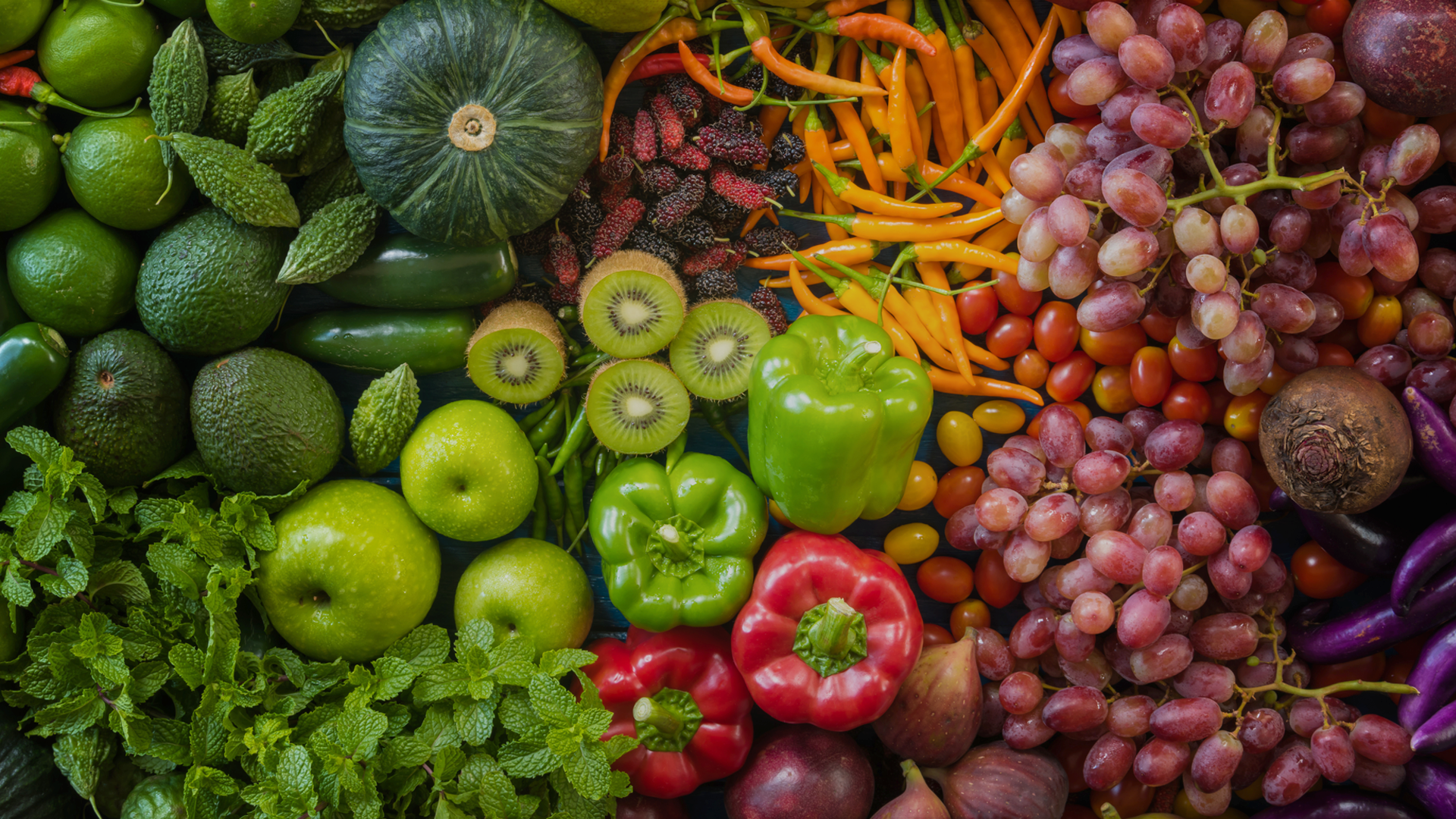Louise Goodall, Company Nutritionist
How can I boost my immune system through my diet?
COVID-19 has now been a declared a pandemic, leaving many of us worried about our health and wellbeing. If you were to do a quick Google search, you would find lots of results of websites listing foods which claim to be able to boost your immune system. However, you cannot “boost” your immune system with different foods or supplements.
That being said, there are lots of nutrients that play an essential role in maintaining the normal function of your immune system like vitamin C, zinc and iron. It’s important to eat a variety of foods for a healthy balanced diet, which ultimately will support immune function.
Following a healthy balanced diet helps to reduce your risk of malnutrition which, is a major public health issue. Malnutrition can compromise your immune system, putting you at increased risk of general illness and infection. Certain groups of people are more at risk of malnutrition than others, including older people over the age of 65 and those who are socially isolated.
What does a healthy balanced diet look like?

The Eatwell Guide was published in March 2016 to demonstrate the proportions in which different foods and drinks should be consumed as part of a healthy balanced diet. It applies to everyone over the age of 2, regardless of weight, dietary restrictions/preferences or ethnic origin. Although, anyone with special dietary requirements or medical needs should ask to be referred to a registered dietitian to discuss how to adapt the guide.
Fruit and Vegetable Consumption
Fruit and vegetables are a great source of vitamins and minerals, as well as fibre and antioxidants – all of which are required for good health. We should eat at least five portions of fruit and vegetables every day; a portion is approximately 80g. Examples of portions include:
- 3 tbsp of vegetables or pulses, e.g. carrots, peas, chickpeas or beans.
- A medium-sized apple or banana, two smaller fruits, e.g. plums.
- 150ml fruit/veg juice or smoothie once per day.
- Tinned and frozen are perfectly good alternatives to fresh. When choosing tinned, choose fruit in juice over syrup, and vegetables in water over salted water.
Evidence shows having your five a day can reduce the risk of some cancers and depression, while also protecting against cardiovascular disease.
Carbohydrate Consumption
Choose wholegrain varieties of starchy carbohydrates to help you achieve the recommendation of 30g of fibre a day for adults. Whole grains are great sources of fibre, B vitamins and some trace minerals, e.g. iron and copper, all are required for the normal functioning of the body.
Hydration
It is recommended we drink 6 to 8 glasses of fluid per day. Dehydration can cause feelings of dizziness, lethargy, poor concentration and a dry mouth. Longer-term consequences can include urinary tract infections, kidney stones and constipation.
Other Considerations
Public Health England advice recommends adults and children over one year consider taking a daily supplement of 10 micrograms of vitamin D, particularly during autumn and winter.
This is because it is difficult for us to get the recommended amount of vitamin D from just our diet; our primary source is vitamin D is from being exposed to sunlight. People whose skin has little to no exposure to the sun, such as those who are housebound, should look to take a supplement throughout the year.
Don’t forget to stay active. Adults are recommended to do 150 minutes of moderate-intensity aerobic physical activity each week, or 75 minutes of vigorous-intensity aerobic physical activity. Regular exercise has many benefits, including reducing your risk of conditions such as type 2 diabetes, cardiovascular disease and depression. Additionally, it has been shown to improve quality of life, manages stress and improves sleep.
And Remember…
It is vital that any nutrition advice you follow is evidence-based and comes from reliable sources and registered professionals such as Public Health England, the NHS, Registered Nutritionists, Registered Dietitians and other qualified professionals. It’s also worth considering whether the writers have any conflicts of interest, like being sponsored by a supplement company.
References
- BDA - https://www.bda.uk.com/resource/covid-19-corona-virus-advice-for-the-general-public.html
- PHE - https://assets.publishing.service.gov.uk/government/uploads/system/uploads/attachment_data/file/742750/Eatwell_Guide_booklet_2018v4.pdf
- BDA - https://www.bda.uk.com/resource/malnutrition.html
- Journal article - https://academic.oup.com/ajcn/article/66/2/460S/4655769
- BAPEN - https://www.bapen.org.uk/malnutrition-undernutrition/introduction-to-malnutrition?showall=1
- Journal article - https://www.tandfonline.com/doi/abs/10.1080/09637486.2019.1571021?journalCode=iijf2
- SACN - https://assets.publishing.service.gov.uk/government/uploads/system/uploads/attachment_data/file/445503/SACN_Carbohydrates_and_Health.pdf
- BDA - https://www.bda.uk.com/resource/the-importance-of-hydration.html
- NHS - https://www.nhs.uk/news/food-and-diet/the-new-guidelines-on-vitamin-d-what-you-need-to-know/
- Gov UK - https://www.gov.uk/government/news/phe-publishes-new-advice-on-vitamin-d
- WHO - https://www.who.int/dietphysicalactivity/factsheet_adults/en/
- Gov UK - https://assets.publishing.service.gov.uk/government/uploads/system/uploads/attachment_data/file/829884/3-physical-activity-for-adults-and-older-adults.pdf




